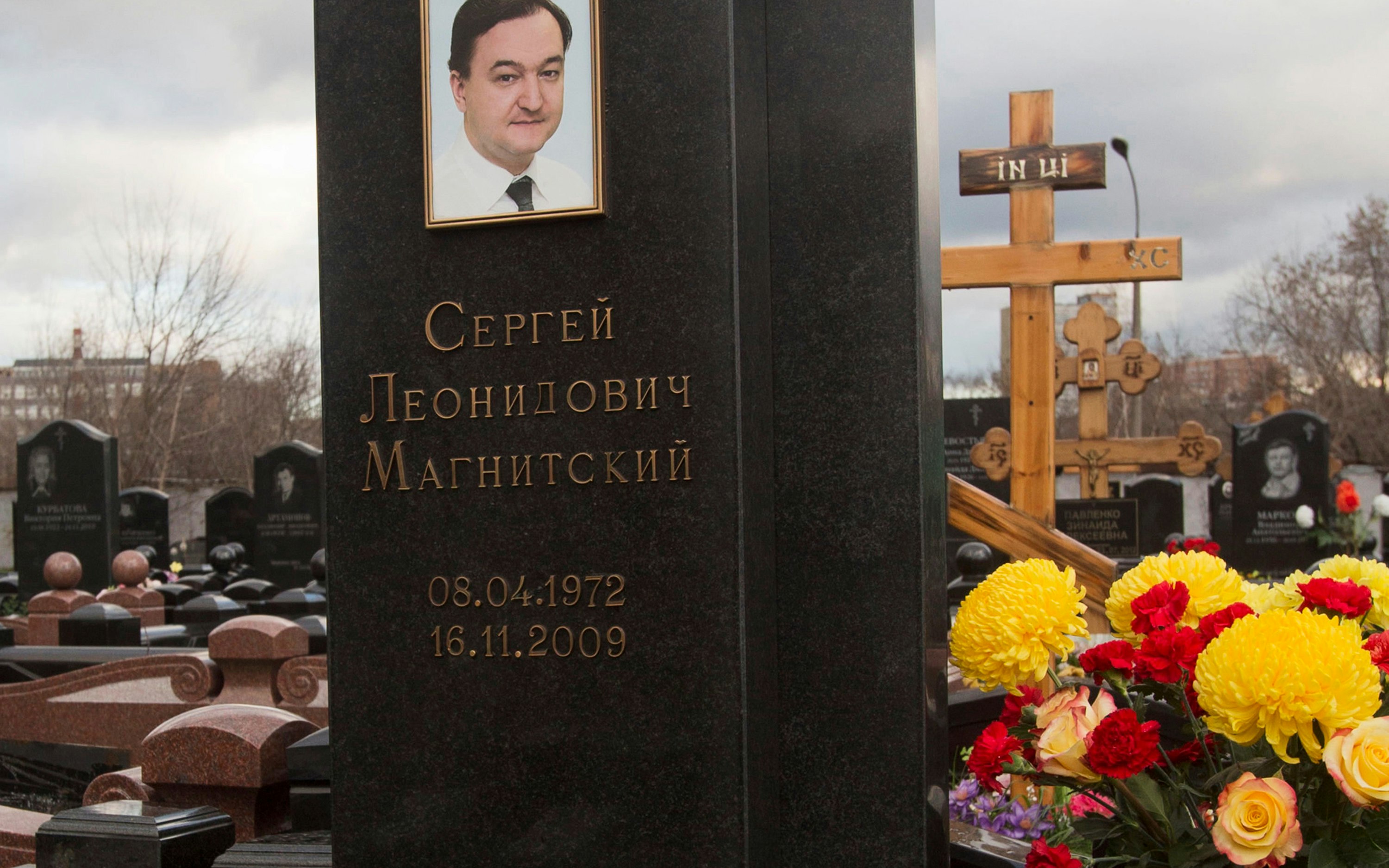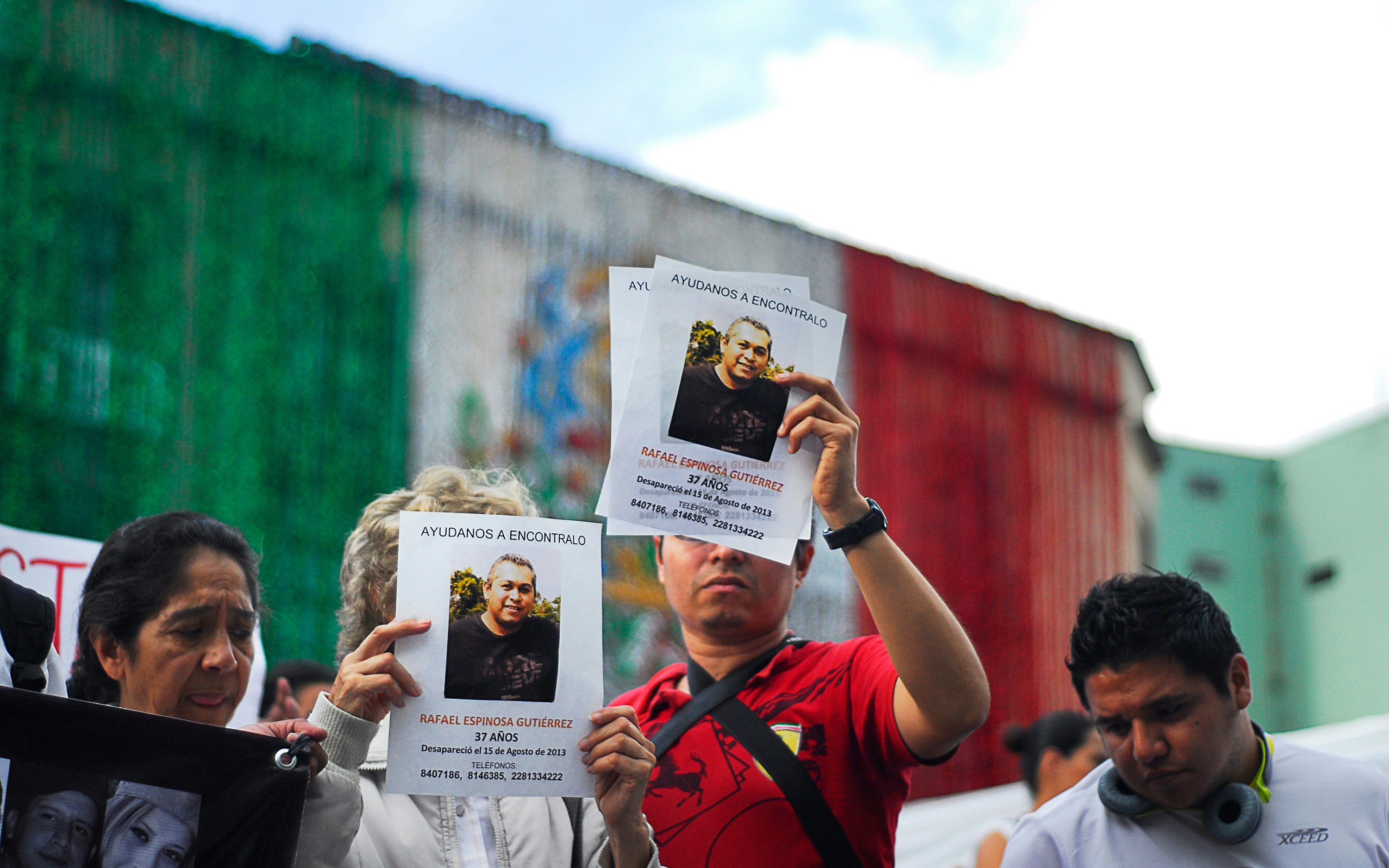European Court of Human Rights Finds Russia Responsible for Death of Whistleblower Sergei Magnitsky
NEW YORK—In a unanimous judgment, the European Court of Human Rights today delivered a comprehensive rebuke to Russia over the 2009 death in pretrial detention of Sergei Magnitsky, the accountant who had previously exposed a $230m tax fraud involving officials of Russia’s powerful Interior Ministry.
Responding to complaints brought by his mother and widow, the Strasbourg court ruled that Russia was responsible for Magnitsky’s death, and had subjected him to “intentional” acts of “violence…that amounted to inhuman and degrading treatment”.
This included persistently denying him medical treatment for a life-threatening illness, and a beating by guards just before he died.
The court also ruled that Russia’s investigation into Magnitsky’s death and abuse was inadequate, and that the government’s decision to put him on trial on corruption charges after his death was a manifest breach of the rule of law.
The ruling represents the first fully independent assessment of a case that has led to the imposition of sanctions by the United States and Canada against senior Russian officials accused of complicity in Mr Magnitsky’s death.
At the time of his death, Magnitsky had been held in pretrial detention for 358 days, while supposedly under investigation by the same Moscow Interior Ministry officers he had originally accused of corruption. The court ruled that the period of detention had been unreasonably extended by the Russian authorities, "on grounds which cannot be regarded as 'sufficient' to justify its duration".
The case was presented to the court by the Open Society Justice Initiative. James A. Goldston, executive director of the Justice Initiative and lead attorney in the case, said:
“Today the European Court of Human Rights has held that the Russian government subjected Sergei Magnitsky to intentionally inhuman and degrading treatment and unreasonably put his life in danger, resulting in his death in pre-trial detention. Sergei Magnitsky had the courage to denounce corruption at senior levels of the Russian government because he believed in a democratic society that respects human rights. Ultimately that courage cost him his life. Today the system of laws in which he placed such faith has finally given him and his family some measure of justice.”
Magnitsky was head of the tax practice at the Moscow offices of Firestone Duncan, a U.S.-owned law and accounting firm, whose clients included the Russian subsidiaries of the Hermitage Fund, founded by William Browder.
In June 2007, when Hermitage was the largest foreign investment firm in Russia, its offices were raided by Interior Ministry officials who seized documents that subsequently allowed the fraudulent take-over of three Hermitage subsidiaries.
In December of that year, and in record time, the new owners of the stolen Hermitage subsidiaries were granted a 5.4 billion ruble ($230m) tax refund on taxes that had been paid when they were under Hermitage’s control. Magnitsky testified in October, 2008 that Interior Ministry officers were involved in the fraudulent refund claim. The following month he was arrested, marking the start of a campaign of persecution by senior law enforcement officials including the officers he accused.
Magnitsky was moved between five different detention centers while in custody, and filed some fifty complaints about poor conditions. In June 2009, more than six months after his arrest, he was diagnosed with pancreatitis that required further diagnosis and surgery. The following day a senior Interior Ministry official arranged for his removal to a different detention center, notorious for its poor conditions and lack of even rudimentary medical facilities. Over the following months, his health deteriorated markedly until his death in November.
The complaint also noted that, shortly before Magnitsky died, other Hermitage employees received threats to the effect that “any man can be killed.” Magnitsky’s body showed numerous physical injuries which, like his death, have never been satisfactorily explained. To the contrary, from the moment of Magnitsky’s death, official explanations have been riddled by inconsistencies.
The Open Society Justice Initiative promotes human rights and builds legal capacity around the world. Its work includes strategic litigation and advocacy aimed at reducing, and promoting alternatives to, the arbitrary and excessive use of pretrial detention.
Related Cases
Related Work
Almost a Decade after his Death, Sergei Magnitsky Gets a Measure of Justice
The ruling from Europe's human rights court validates the underlying rationale for the laws adopted by the United States, the United Kingdom, Canada, and some other countries to impose sanctions on designated individuals implicated in gross human rights abuses.

Case Watch: A Mother’s Search for Her Son Leads to Groundbreaking Decision on Disappearances in Mexico
In a major victory for the hundreds of disappeared people and their loved ones in Mexico, the nation’s highest court recognized the mandatory nature of urgent actions issued by the UN Committee on Enforced Disappearances.

Almost a Decade after his Death, Sergei Magnitsky Gets a Measure of Justice
The ruling from Europe's human rights court validates the underlying rationale for the laws adopted by the United States, the United Kingdom, Canada, and some other countries to impose sanctions on designated individuals implicated in gross human rights abuses.
